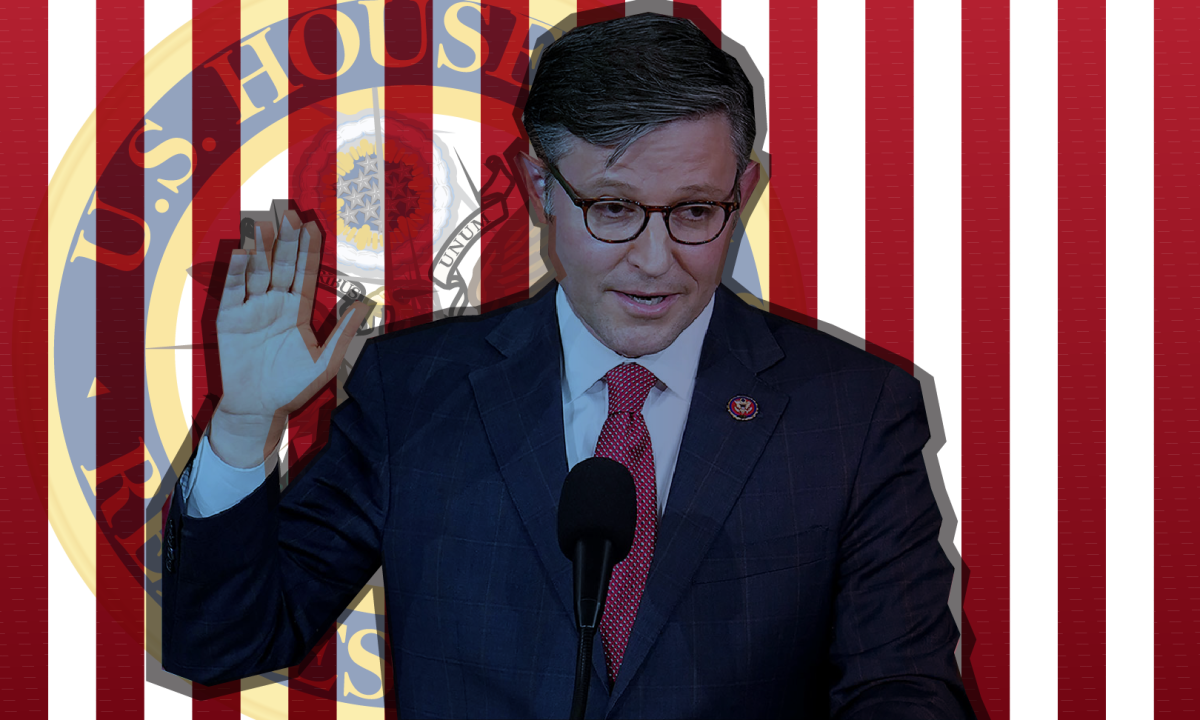After weeks of deliberations and political discourse surrounding Congress, the United States House of Representatives has now elected Representative Mike Johnson as house speaker Oct. 25. This follows the initial ousting of predecessor Kevin McCarthy, and Judiciary Committee Chairman Jim Jordan failing to win enough votes to secure the house speaker position.
Americans began to speculate how the government would function with no speaker for the House of Representatives. There has been past speculation that a government shutdown was inevitable.
A government shutdown occurs when the federal government’s funding expires, and Congress has not passed a budget or a continuing resolution to fund government operations for the upcoming fiscal year. The situation can arise when lawmakers are unable to agree on the federal budget or other specific bills, leading to a temporary suspension of non-essential government services and the furlough of federal employees. In this case, lawmakers would be unable to agree on specific laws because there is no speaker of the House to regulate and make decisions.
The results of the first round of votes were disappointing for Jim Jordan, the main candidate. The House voted 200 to 232, with 20 Republicans voting against Jordan. These members voted for previous candidates for the position such as House Majority Leader Steve Scalise and former Speaker Kevin McCarthy. The next two rounds ended similarly with Jordan falling short, losing by 19 votes in the second round and then by 20 in the third and final round of voting.
Kayla Downing, a third-year political science major, expressed concern for government employees who would be affected in the event of a government shutdown.
“The scariest consequence is that government workers will not receive pay. That doesn’t just affect wealthy politicians, but federal employees who are working in affected positions,” Downing said.
A shutdown would likely include the furlough of federal employees and the placement of non-essential federal workers on unpaid leave. Essential employees, like those in the military and law enforcement, would continue working without pay until the shutdown is resolved.
History and International Studies Professor Nova Robinson provided insight on the effects of a potential government shutdown, specifically to government employees.
“A government shutdown of course hurts the individuals who have chosen to work for our federal government and that’s perhaps the greatest tragedy. That individuals who have chosen to serve our nation in very admirable ways are the ones that are the victims in this period of political dysfunction,” Robinson said.
Kai Schnitzius, a second-year international studies and political science major, found the possibility of a shutdown unlikely.
“I think it’s possible, but not likely, because they have said this multiple times before and it hasn’t really happened yet. But, I wouldn’t say that there is never the possibility of it happening,” Schnitzius said.
With the recent election of Mike Johnson, Congress has yet again nearly averted a government shutdown, meanwhile some Americans remain concerned about the federal strategies in place.








